Archive
BALKAN DOX
THOSE SHOCKING SHAKING DAYS
Director
Selma Doborac
Producer
Selma Doborac
Cinematographer
Selma Doborac
Editor
Selma Doborac
Music
Selma Doborac
Contact
<p>sixpackfilm
Neubaugasse 45/13
A-1070 Vienna, Austria
+43.1.526.09.90.0
[email protected]</p>
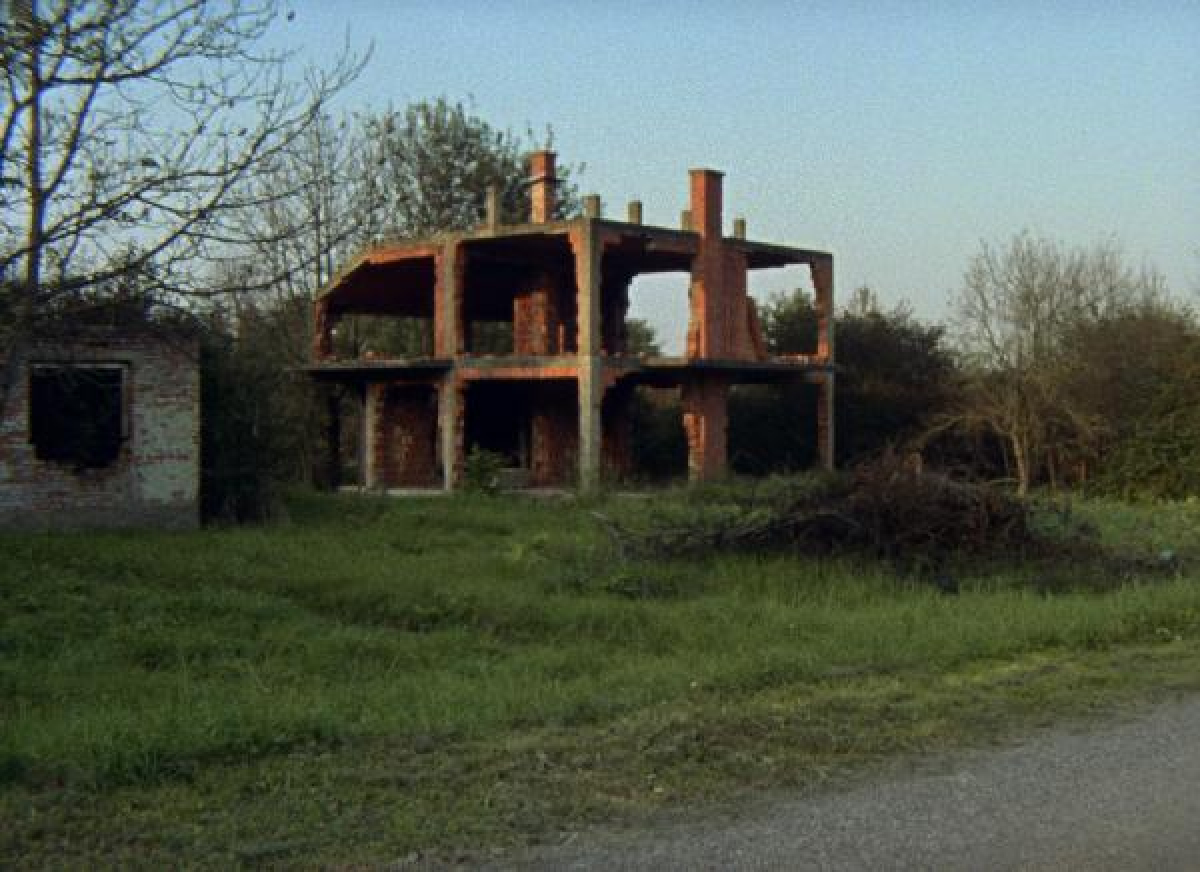
2016
Austria, Bosnia and Herzegovina
88 min
Color
Can a critical reflection of a war be achieved for example by means of poeticity or visuality, or would it be advisable in such an undertaking to tendentially forego unambiguous words and images in favour of a more critical reflection of a war? If a text or a film was made in such a way as to seem to lack reference to reality, would it then make finding the truth redundant, since no reference points to factuality – the atrocities, for instance – could be found? Or would such a design of a text or a film allow conclusions about the problematic nature of any attempt at describing, at showing the complexity of evil?
Other films in BALKAN DOX
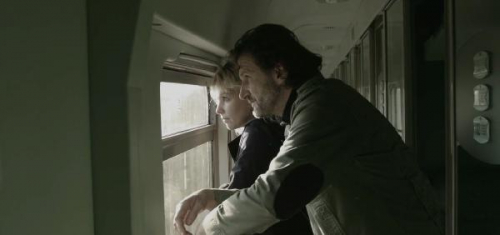
A MILLION DOLLAR LIFE
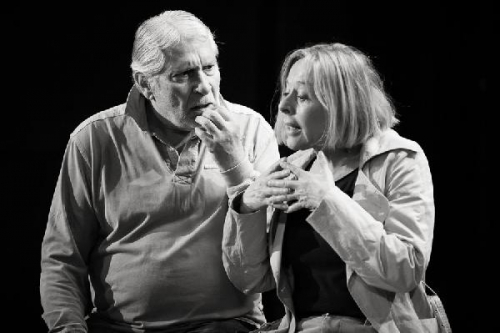
EVERY GOOD STORY IS A LOVE STORY
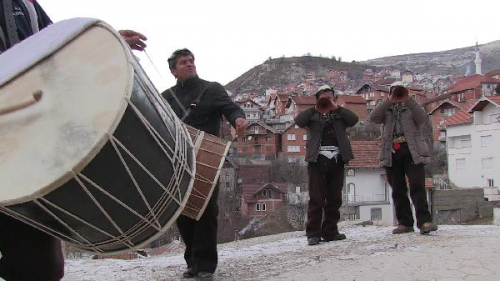
GORA
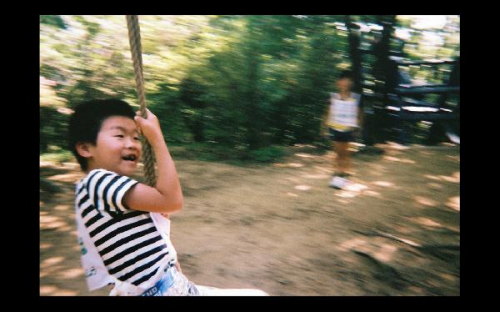
HOMES
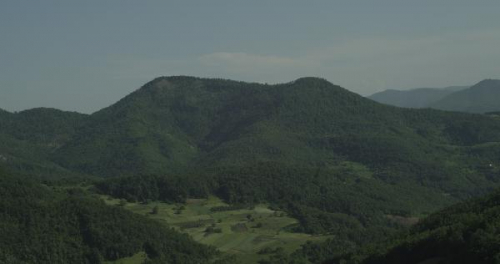
LANDSCAPES OF WAR, LANDSCAPES OF PEACE
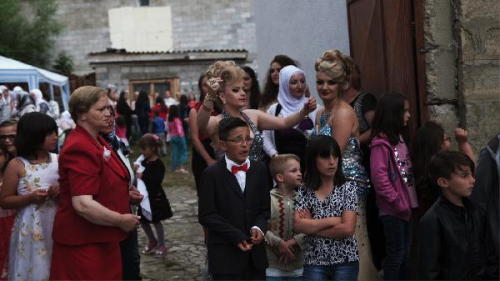
LORD OF THE HOUSE
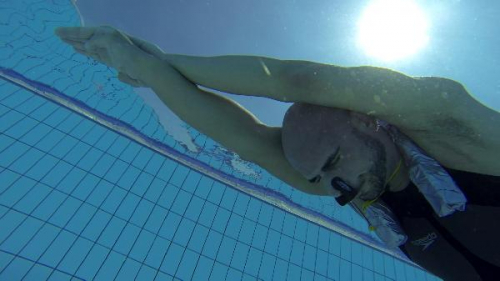
MY LIFE WITHOUT AIR
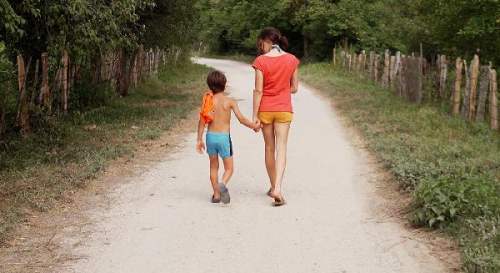
MY OWN PRIVATE WAR
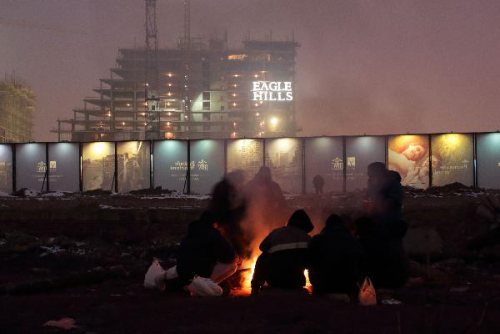
NEWSREEL 63
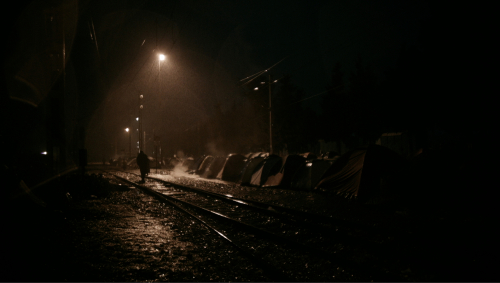
SPECTRES ARE HAUNTING EUROPE
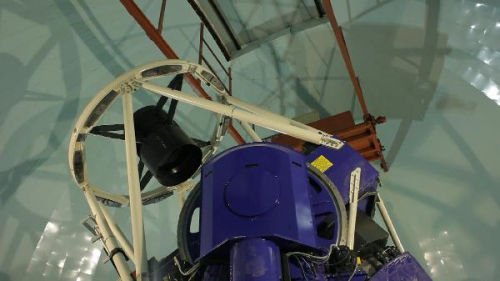
STARS OF GAOMEIGU
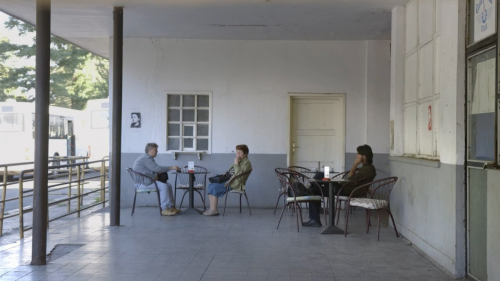
STEEL MILL CAFÉ
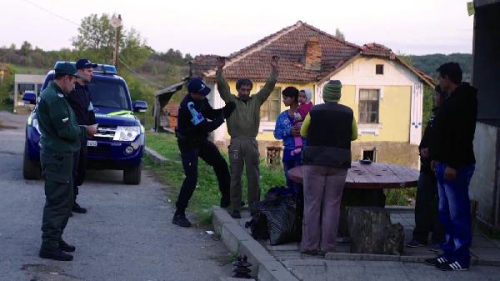
THE GOOD POSTMAN
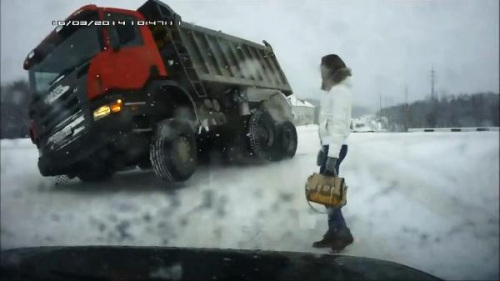
THE ROAD MOVIE
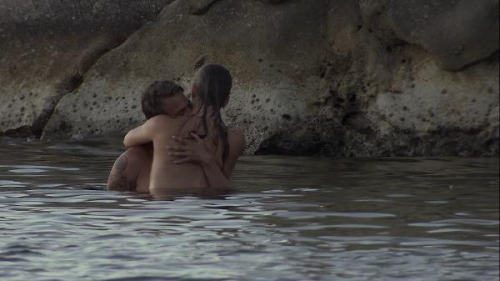
THEY JUST COME AND GO
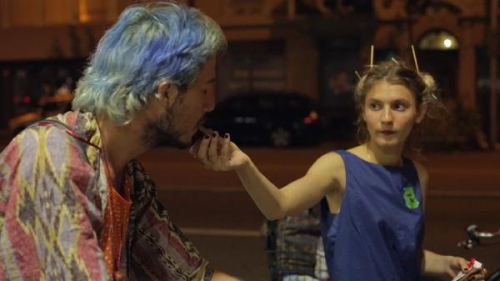
TO WANT, TO NEED, TO LOVE
Showtimes
No Showtimes
